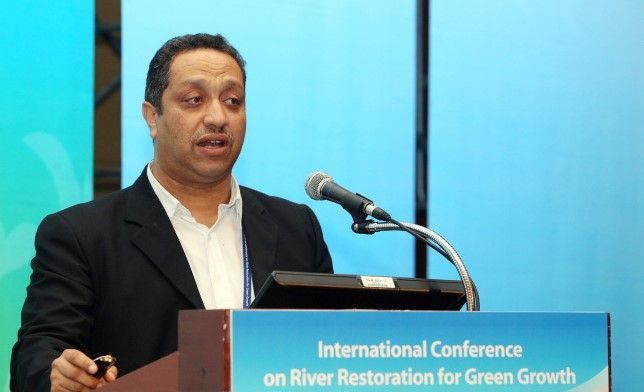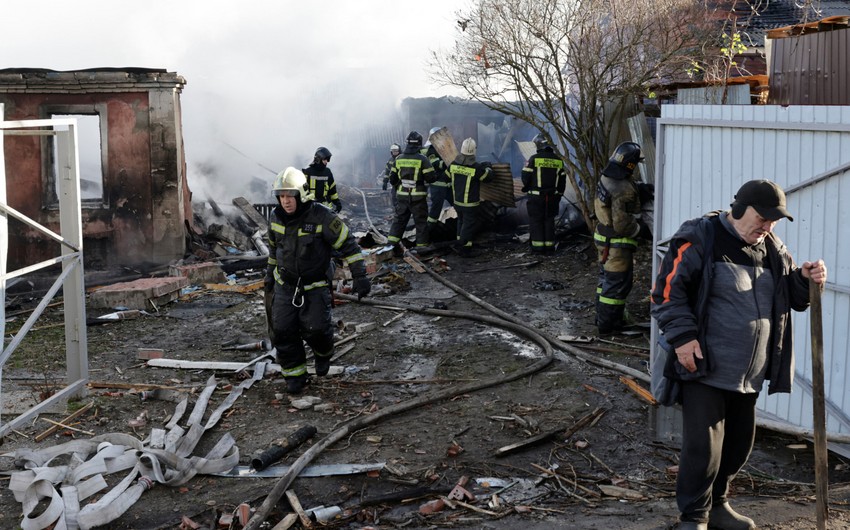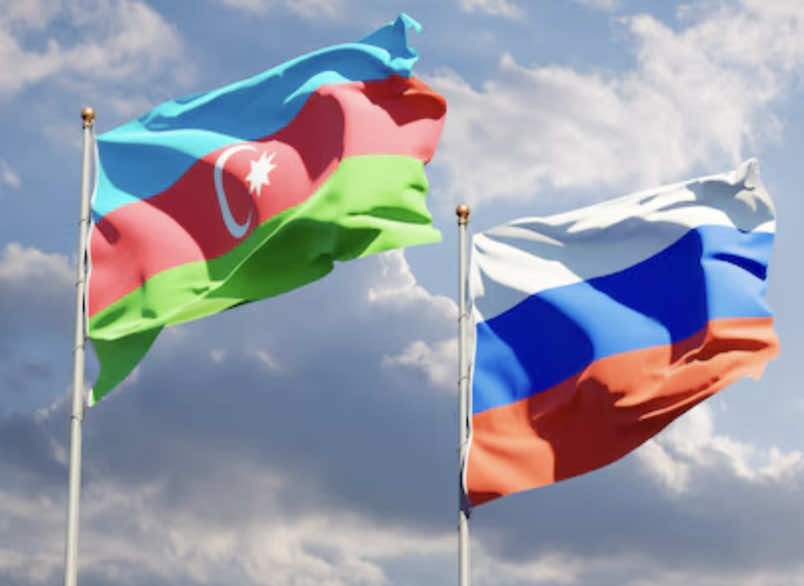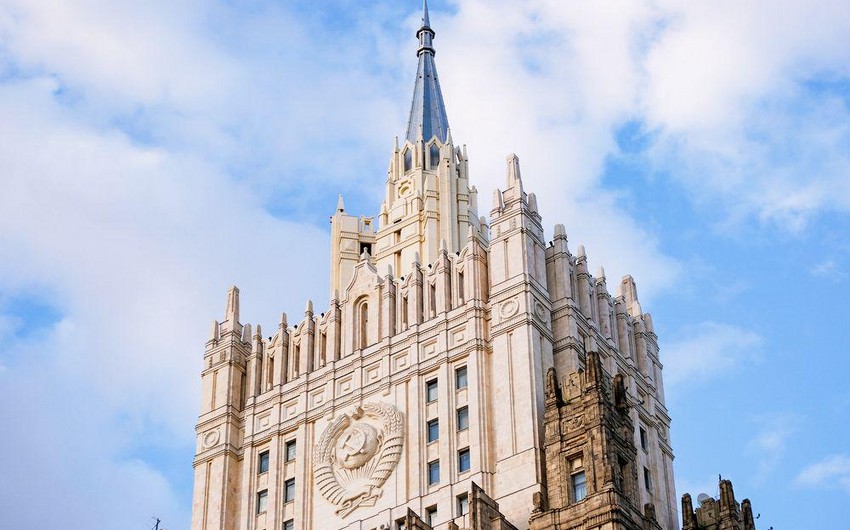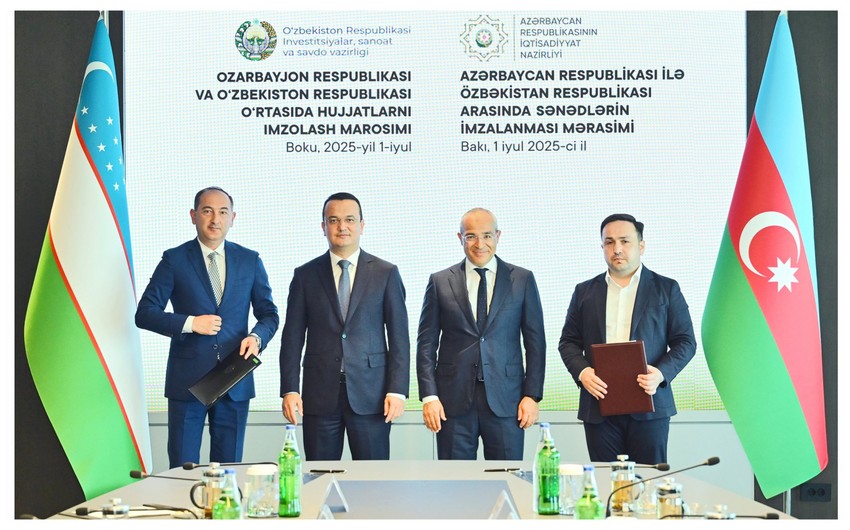Dr. Nidal Salim, Director and founder of Global Institute for Water Environment and Health (GIWEH) Genève, Switzerland, visited Baku. Nidal Salim, who has been closely cooperating with the International Eurasia Press Fund (IEPF) since 2008, spoke about interesting facts during his interview with Ednews.
Dr. Nidal Salim has dedicated his career to understanding and protecting the delicate balance of our planet's aquatic ecosystems. His pioneering work has earned him worldwide recognition and made the Global Institute for Water Environment and Health the leading institution for research and advocacy in the aquatic environment.
EDnews presents the interview:
- Can you talk about your first visit to Azerbaijan?
- For my first visit, I think it was like seven or eight years ago. But before that I have been in Azerbaijan 2012, which is almost 11 years ago.
We joined an international water conference organized by Azarsu. Then the second visit, which is the official visit for cooperation with Azerbaijan, it was in 2015, where I visited the International Eurasia Press Fund and we were thinking about different cooperation programs to be developed with Azerbaijan.
At that time also we visited the Tartar region, we visited the occupied territories, where we tried to discover what we can help and what could be the possibilities of cooperation. So water was one of the main topics which we discussed,
Transfoundary water resources, water pollution. So, that was our first visit. It was for overviewing to see how is the situation, which type of cooperation we can open. So that was, I would say, the first official meeting, because before that the visit was oriented for participation in conferences. But the first official meeting where we started to think about cooperation was 2015.
- Okay, what about your last visit in Azerbaijan?
- My last visit is today, yesterday and the day before. We joined an ANAMA conference on mine action. Because we think that mine is in one way or another, it's also connected to the environment, climate change and environment.
We are discussing different topics in the conference concerning the mine clearance, monitoring, development. So our main concern is linking the mine connection with the sustainable development goals. And that was presented in the conference, because when you speak about mine, you are speaking about health, you are speaking about development, you are speaking about agriculture, you are speaking about the human, prosperity, environment, water, everything. Because you cannot make any development a plan without having a good and clean, safe environment. So when we speak about mine, because what we learned even in this conference yesterday, there are a type of specific agenda for Azerbaijan for the sustainable development goals. Because in international scale, we know that we have 17 sustainable development goals. And it was interesting to hear that Azerbaijan in their national program, and this was presented by Mr. Hikmat Hajiyev from the President's office, they are speaking about 18 national SDGs, where they consider the mine action as goal number 18.
So this is interesting to know in which dimension they are thinking and to know what is the impact of land mines in the country. So I will say that development agenda cannot be judged without cleaning the land in order to be ready to move toward the development process.
- Can you talk about the visit to the Ministry of Ecology, Azerbaijan, and what are we talking with him?
- Actually, we did many activities with the Ministry of Ecology, and this is a type of continuation of cooperation, what we can do and how it could be the future cooperation. We are thinking, might be, our region is to think about international conference, about work resources. We already had a seminar and side event which was organized in New York in the General Assembly of the United Nations. Also, we spoke about a water as a tool of peace and cooperation in the region. So this is mainly what we are speaking, we are speaking about a type of moving from national scale to regional and global scale. We would like to see Azerbaijan playing a major role as an actor and a player in the region, not only in Azerbaijan. When I speak about the region, we are speaking about Caucasian and Central Asia region. So we are looking forward to see Azerbaijan as an actor for moving the water agenda in the region and use water as a tool for cooperation and peace and prosperity.
- We are in the office of the International Press Fund and the President of the Fund, Umid Mirzaev, with us. What are your future goals with our organization?
- We have two proposals of what I am thinking and we are discussing with the president of the IEPF. The possibility of organizing what I call capacity-building training innovation technology center in the liberated area, which can take a lot of leading organization or leading center for helping youth to be very well prepared and work for the environment and a development agenda in the region. We also speak about in this center we could have a type what we call because we have a program called from zero to hero where we can help the youth to go from the zero, from the training and lobbying and opening the type of start -up of a project and in order to solve the problem and unemployment and go for a green economy by investing each youth like boy or girl can have their own project, small -scale project and in the case of success they can scale up and they can offer a type or solutions and technology not only for the region and for the liberated area but it could be also a tool for the region because the whole region has a serious water problem and this will be the major for the future.
So if we manage to have this center in this area this could be a type of a new start for the qualified leaders in the water and the environment in the region.
Nurlana Hajiyeva

